As long as people have been alive, they’ve wanted to stay alive. For centuries, explorers have searched for the fountain of youth. And today, scientists are hard at work researching technology that can extend the human lifespan, stop or reverse aging; and even preserve a terminally ill person indefinitely, until a cure for their disease is discovered. But what if — instead of preserving our *bodies* — we could preserve our *consciousness*; by uploading it to a powerful computer. This is called *mind uploading*. And one startup has developed a procedure to do exactly this. It’s scientifically sound, there’s a waiting list to participate, and the procedure — is one hundred percent fatal. Let’s find out why.〰
🙏 SUPPORT THE WHY FILES
🙏 https://www.patreon.com/thewhyfiles (Fun, Free Perks!)👽 BUY WHY FILES MERCH
👽 https://shop.thewhyfiles.com (Code: LIZZIDPEEPLE for 10% off first order)💬 CHAT WITH US ON DISCORD
💬 https://thewhyfiles.com/discord〰
🌐 OFFICIAL WEB SITE: https://thewhyfiles.com🕵️ Submit a topic, suggestion or just say hi:
🕵️ https://thewhyfiles.com/tips🎨 Have a product suggestion or want to design artwork for TWF?
🎨 https://thewhyfiles.com/merch📸 BE A WHY FILES MODEL (and get free stuff!)
📸 Send a photo of you/family/friends watching TWF.
📸 wearing TWF gear, using TWF merchandise:
📸 https://thewhyfiles.com/wild〰
🎧 THE PODCAST VERSION
🎧 https://thewhyfiles.com/podcast〰
⁍ TWF on SOCIAL (in order of importance)
⁍ https://www.reddit.com/r/TheWhyFiles/
⁍ https://twitter.com/OMGTheWhyFiles.
⁍ https://www.instagram.com/OMGTheWhyFiles.
⁍ https://www.tiktok.com/@thewhyfiles.
⁍ https://www.facebook.com/OMGTheWhyFiles〰
🐠 BETTER CHANNELS TO WATCH:
🐠 https://www.youtube.com/c/HecklefishMoriarty.
🤓 https://www.youtube.com/c/TheWhyFilesBackstage.
#science #future #technology
Category: biotech/medical – Page 876
CRISPR’s Next Advance Is Bigger Than You Think
You’ve probably heard of CRISPR, the revolutionary technology that allows us to edit the DNA in living organisms. Biochemist and 2023 Audacious Project grantee Jennifer Doudna earned the Nobel Prize for her groundbreaking work in this field — and now she’s here to tell us about its next world-changing advancement. She explains how her team at the Innovative Genomics Institute is pioneering a brand new field of science — precision microbiome editing — that uses CRISPR in an effort to solve seemingly insurmountable problems like asthma, Alzheimer’s and climate change.
This ambitious idea is part of the Audacious Project, TED’s initiative to inspire and fund global change.
If you love watching TED Talks like this one, become a TED Member to support our mission of spreading ideas: https://ted.com/membership.
Follow TED!
Twitter: https://twitter.com/TEDTalks.
Instagram: https://www.instagram.com/ted.
Facebook: https://facebook.com/TED
LinkedIn: https://www.linkedin.com/company/ted-conferences.
TikTok: https://www.tiktok.com/@tedtoks.
The TED Talks channel features talks, performances and original series from the world’s leading thinkers and doers. Subscribe to our channel for videos on Technology, Entertainment and Design — plus science, business, global issues, the arts and more. Visit https://TED.com to get our entire library of TED Talks, transcripts, translations, personalized talk recommendations and more.
Watch more: https://go.ted.com/jenniferdoudna.
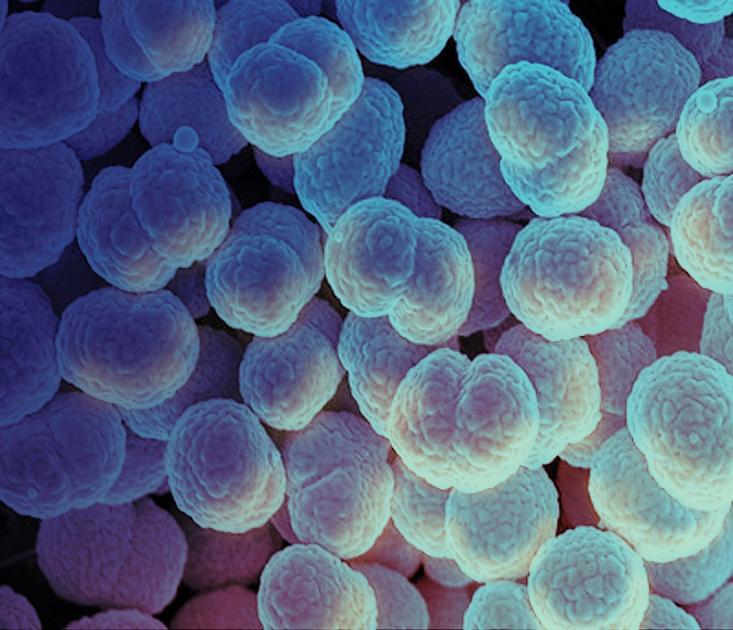
NIH Statement on Preliminary Efficacy Results of First-in-Class Gonorrhea Antibiotic Developed Through Public-Private Partnership
A study by the Global Antibiotic Research & Development Partnership and Innoviva Specialty Therapeutics found a single dose of a first-in-class oral antibiotic called zoliflodacin was as safe and effective as standard therapy for uncomplicated urogenital gonorrhea. NIAID contributed financial and scientific support to the development of zoliflodacin and applauds its non-governmental and private sector partners on successfully conducting the study. Read the NIH statement on these results: https://go.nih.gov/Wquuct
A single dose of a novel oral antibiotic called zoliflodacin has been found to be as safe and effective as standard therapy for uncomplicated urogenital gonorrhea in an international Phase 3 non-inferiority clinical trial, according to the Global Antibiotic Research & Development Partnership (GARDP), the study sponsor. Gonorrhea treatment options are increasingly limited due to antimicrobial resistance seen in Neisseria gonorrhoeae, the bacteria that cause gonococcal infection.
Because of the imperative to expand the gonococcal therapeutic pipeline, the National Institute of Allergy and Infectious Diseases (NIAID), part of the National Institutes of Health, has contributed financial and scientific support to the development of zoliflodacin and applauds its non-governmental and private sector partners on successfully conducting the Phase 3 study. This research has generated important new evidence for a field in urgent need of alternative therapeutic options. Specifically, zoliflodacin may offer an alternative to current therapy for uncomplicated urogenital gonococcal infection.
“Decades-old antibiotics are becoming ineffective for treating Neisseria gonorrhoeae, which creates a huge global health burden. NIAID celebrates this exemplary public-private partnership for supporting science to improve the sexual health of people worldwide,” said NIAID Director Jeanne Marrazzo, M.D. “These encouraging results should bolster additional, intersectoral efforts to develop safe and effective therapeutic options for gonorrhea and other bacteria that exhibit antimicrobial resistance.”
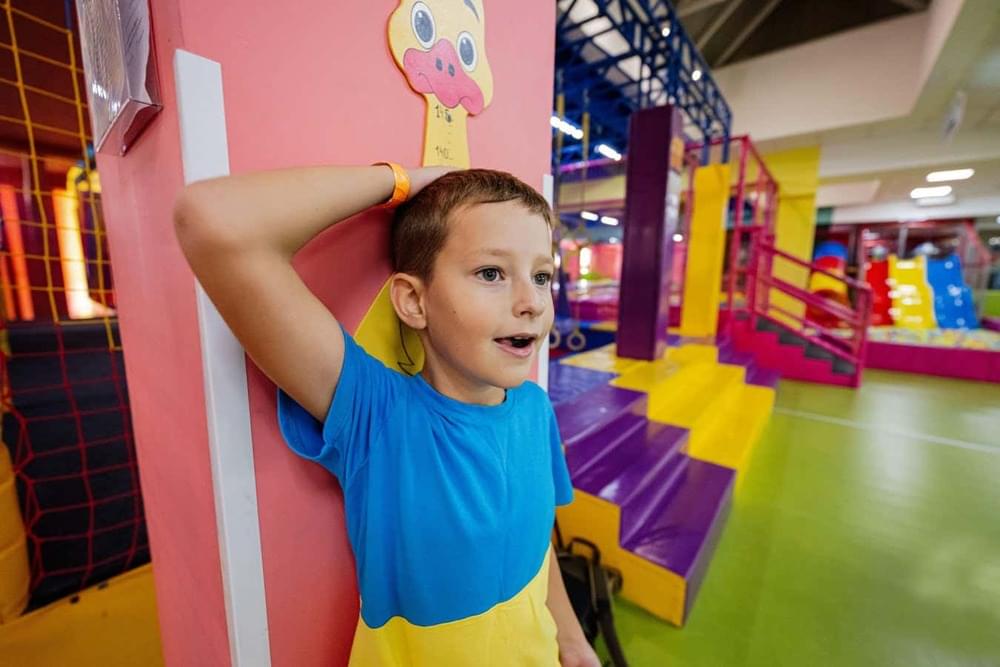
Tall children may be at greater risk of some forms of heart disease
Tall 10-year-olds may be more at risk of developing an irregular heart rate in later life than their shorter counterparts, but less at risk of having a stroke.
By David Cox
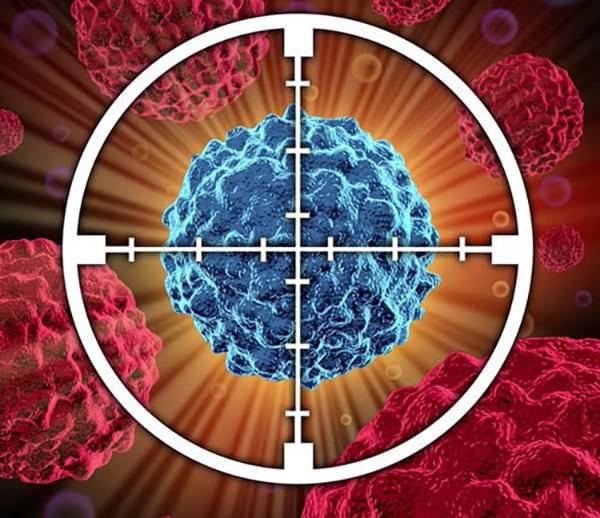
Cancer Drug May Be Repurposed for Inflammatory Diseases
A cancer drug in the final stages of clinical trials may be able to help treat a range of inflammatory diseases including gout, heart failure, cardiomyopathy, and atrial fibrillation, according to scientists at the University of Cambridge.
Their findings are published in the Journal of Clinical Investigation in an article titled, “PLK1 inhibition dampens NLRP3 inflammasome-elicited response in inflammatory disease models.”
“Unabated activation of the NLR family pyrin domain–containing 3 (NLRP3) inflammasome is linked with the pathogenesis of various inflammatory disorders. Polo-like kinase 1 (PLK1) has been widely studied for its role in mitosis,” wrote the researchers. “Here, using both pharmacological and genetic approaches, we demonstrate that PLK1 promoted NLRP3 inflammasome activation at cell interphase. Using an unbiased proximity-dependent biotin identification (Bio-ID) screen for the PLK1 interactome in macrophages, we show an enhanced proximal association of NLRP3 with PLK1 upon NLRP3 inflammasome activation. We further confirmed the interaction between PLK1 and NLRP3 and identified the interacting domains.”
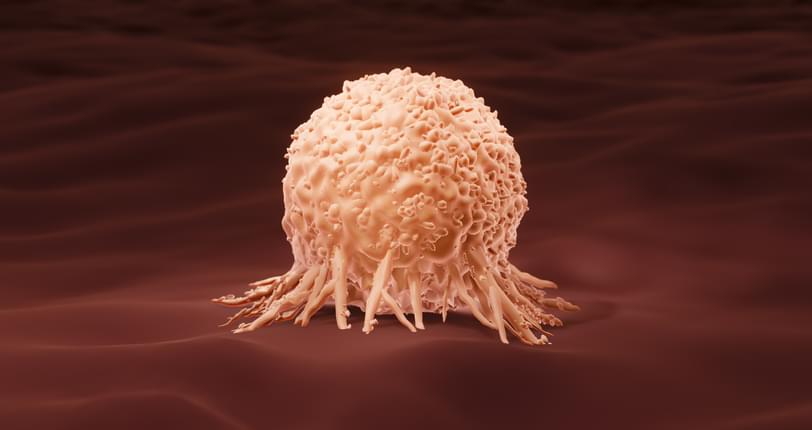

‘Plug and play’ nanoparticles could make it easier to tackle various biological targets
Engineers at the University of California San Diego have developed modular nanoparticles that can be easily customized to target different biological entities such as tumors, viruses or toxins. The surface of the nanoparticles is engineered to host any biological molecules of choice, making it possible to tailor the nanoparticles for a wide array of applications, ranging from targeted drug delivery to neutralizing biological agents.
The beauty of this technology lies in its simplicity and efficiency. Instead of crafting entirely new nanoparticles for each specific application, researchers can now employ a modular nanoparticle base and conveniently attach proteins targeting a desired biological entity.
In the past, creating distinct nanoparticles for different biological targets required going through a different synthetic process from start to finish each time. But with this new technique, the same modular nanoparticle base can be easily modified to create a whole set of specialized nanoparticles.
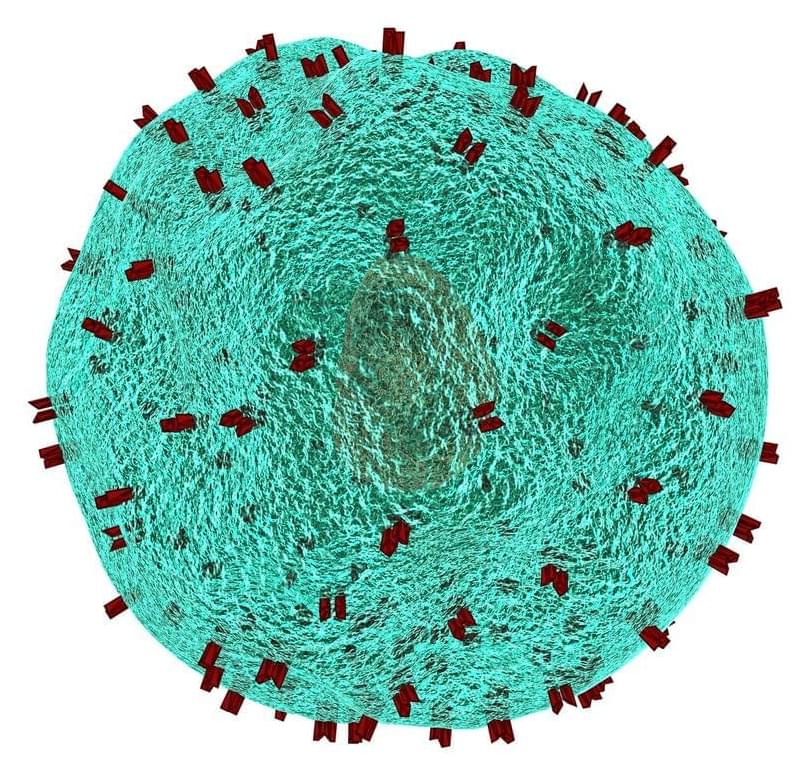
Researchers develop approach that could help supercharge T-cell therapies against solid tumors
Researchers at the National Institutes of Health have developed a way to potentially increase the effectiveness of T cell–based immunotherapy treatments, such as CAR T-cell therapy, against solid tumors. T cells are specialized white blood cells of the immune system that eliminate infected or abnormal cells. In animal studies, the enhanced T-cell therapies were effective against cervical cancer and neuroblastoma, a common solid tumor in children. The findings, by scientists at the National Cancer Institute (NCI), part of NIH, appear in Clinical Cancer Research.
CAR T-cell therapy is a form of cellular immunotherapy that involves engineering T cells in the laboratory so they can specifically target and kill tumors. CAR T-cell therapy has been successful in treating blood cancers, but it hasn’t worked well for solid tumors. To improve the effectiveness of T-cell therapy against solid tumors, researchers at NCI’s Center for Cancer Research engineered T cells (CAR T cells and another form of cellular immunotherapy called TCR T cells) to carry cytokines, which are proteins that can boost T-cell function.
In laboratory studies, CAR and TCR T cells modified to express the cytokines IL-15 and IL-21 on their surface killed far more cancer cells than T cells carrying just one of these cytokines or neither of them. Previous research has found that treating patients with large amounts of cytokines caused severe, potentially fatal, side effects. The new approach aims to deliver this cytokine boost in a much more targeted way.
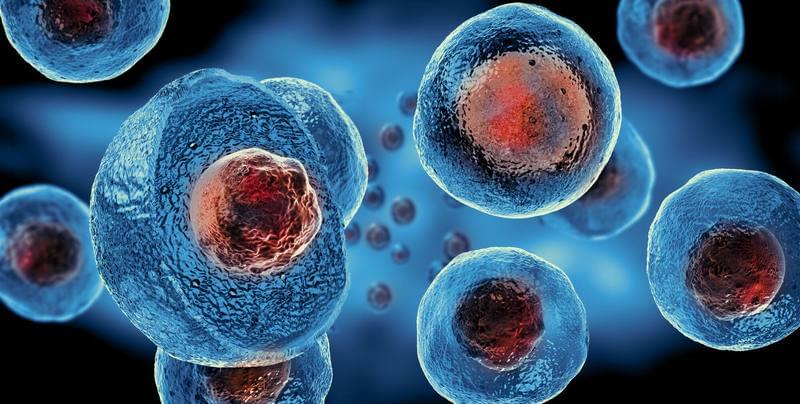
Engineering stem cells to treat liver disease
Transplant is the only option now for liver failure, but it’s not for everyone. One Mayo Clinic M.D./Ph. D. student and her mentor are researching ways to regenerate liver cells as a possible treatment for end-stage liver disease.
“Research provides us with the understanding to develop tools to make big changes in clinical problems like those facing patients with liver failure,” says Nguyen. “I want to be on the forefront of developing medical technologies that provide alternatives. I derive a lot of passion for research through thinking about the future patients I will be treating in the clinic.”
Nguyen is a fifth-year M.D.-Ph. D. student in the Mayo Clinic Alix School of Medicine, who is also completing her Ph.D. in regenerative sciences through the Mayo Clinic Graduate School of Biomedical Sciences.
Her research is focused on redirecting human embryonic stem cells to become liver cells with the potential for cell, tissue and organ repair. This research is aimed at providing an alternative to a liver transplant.
